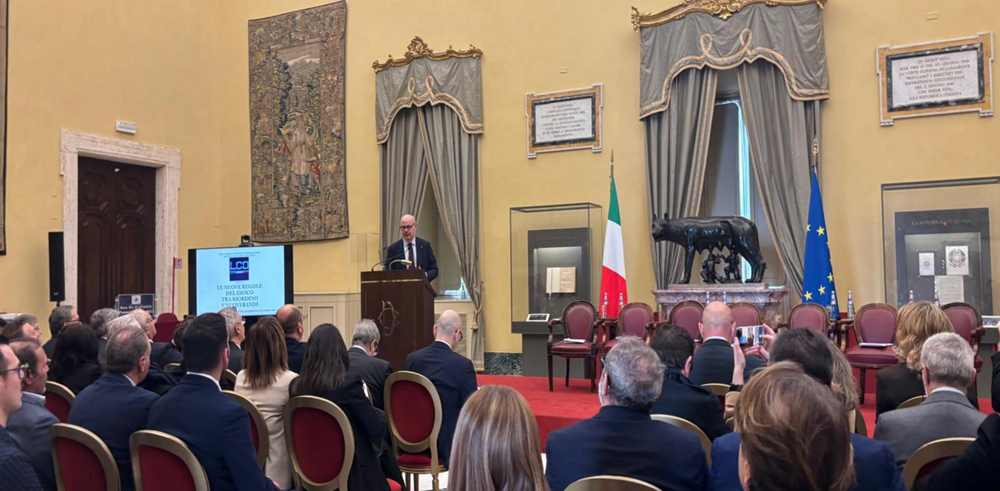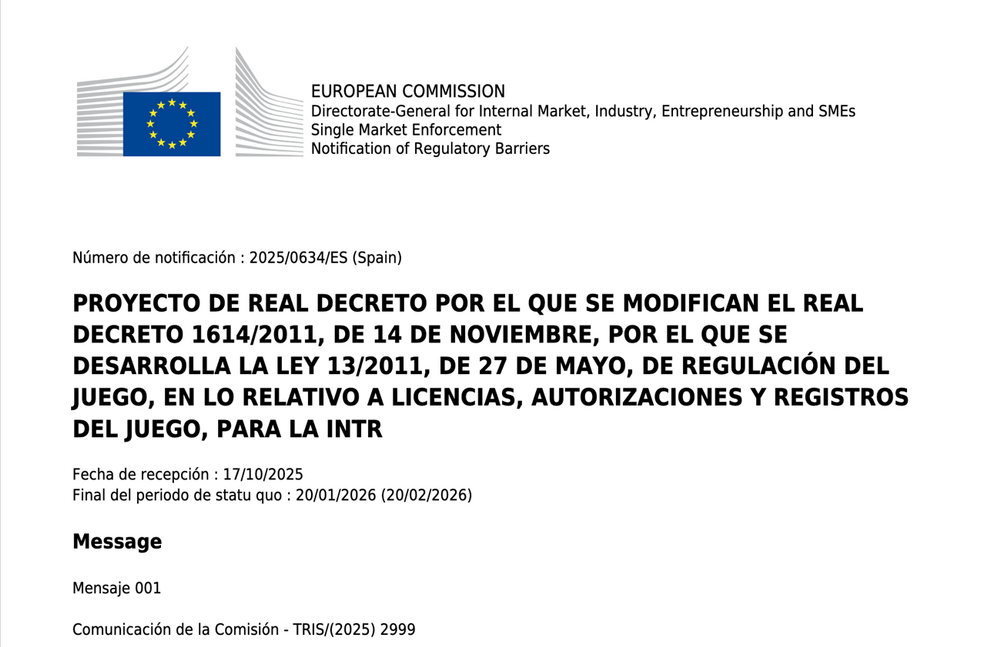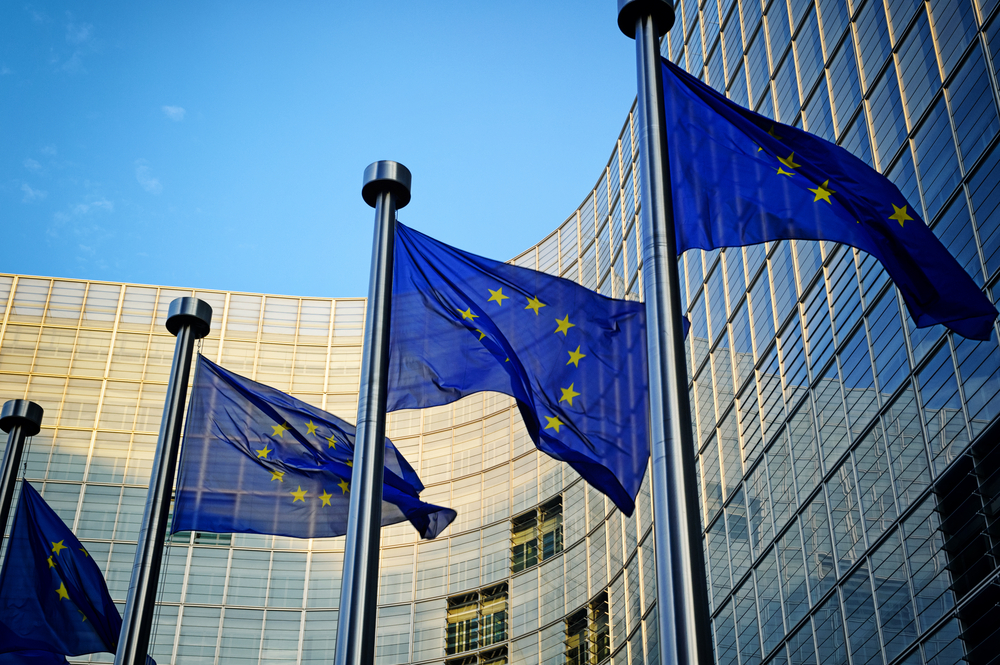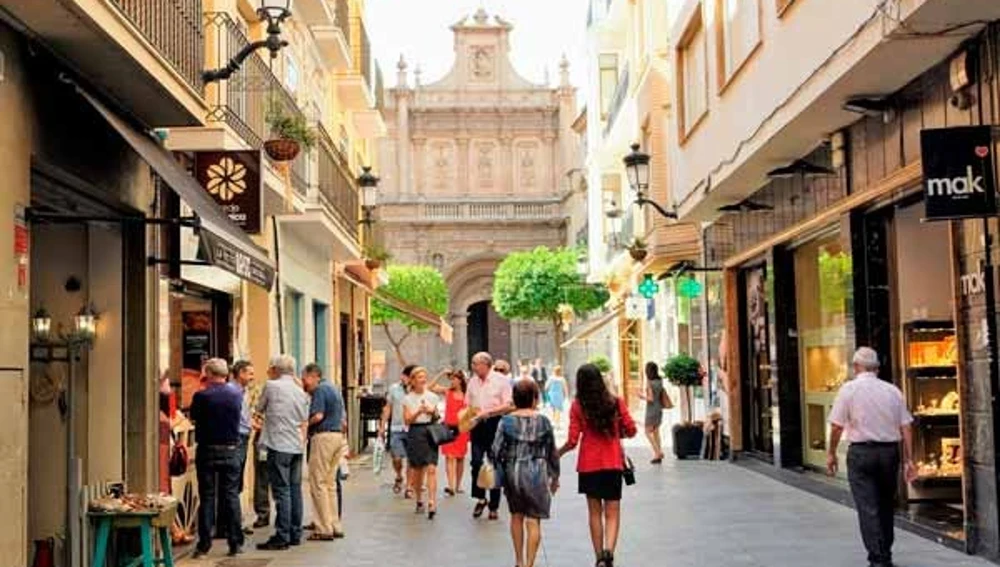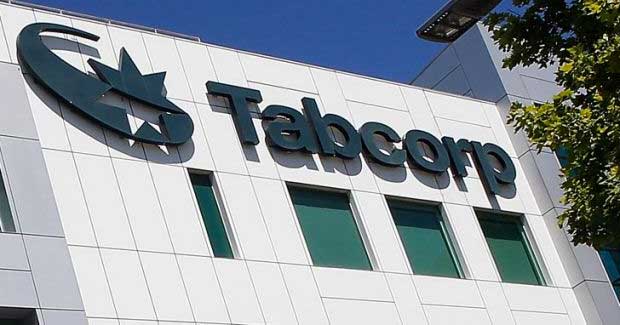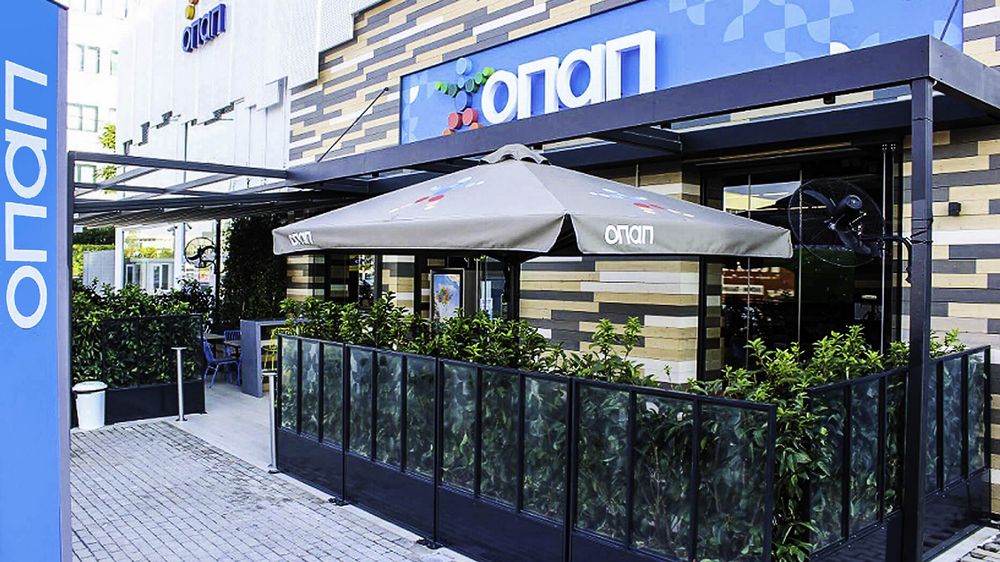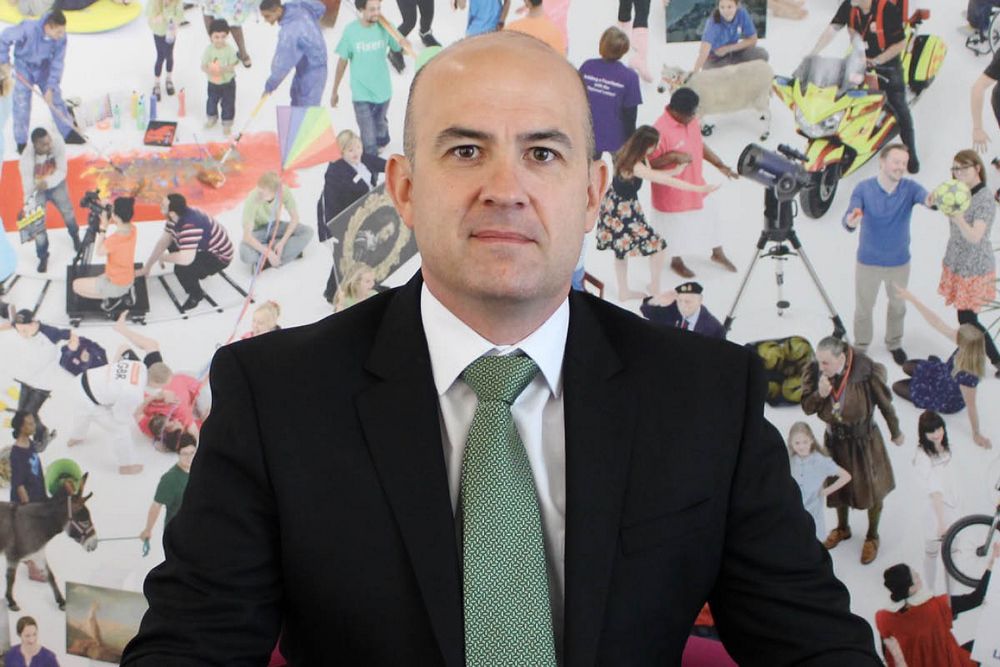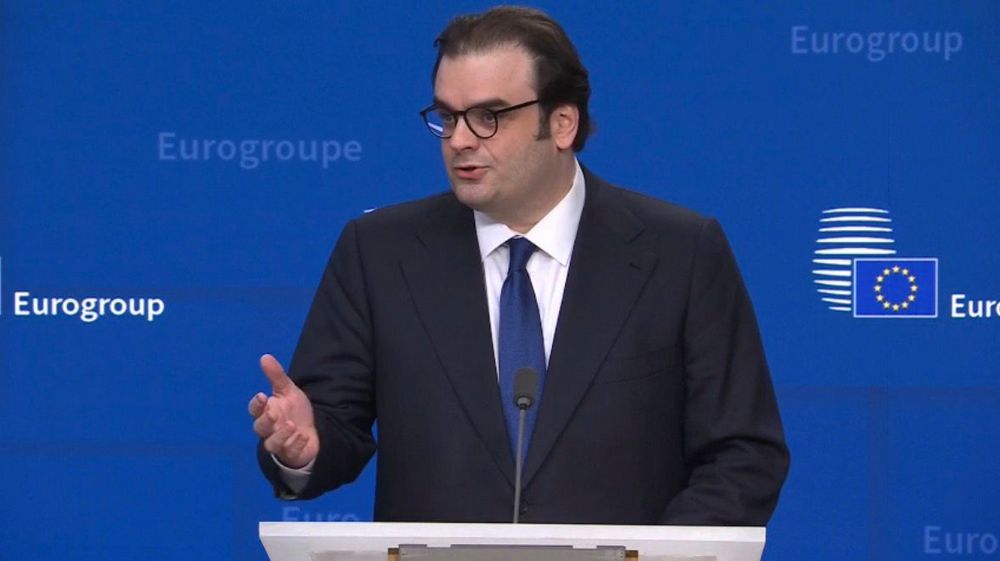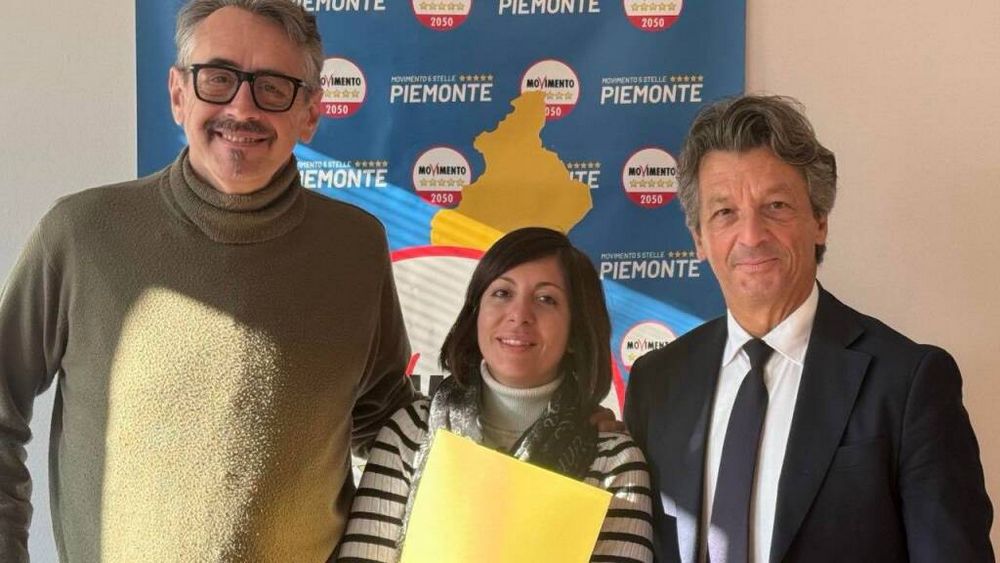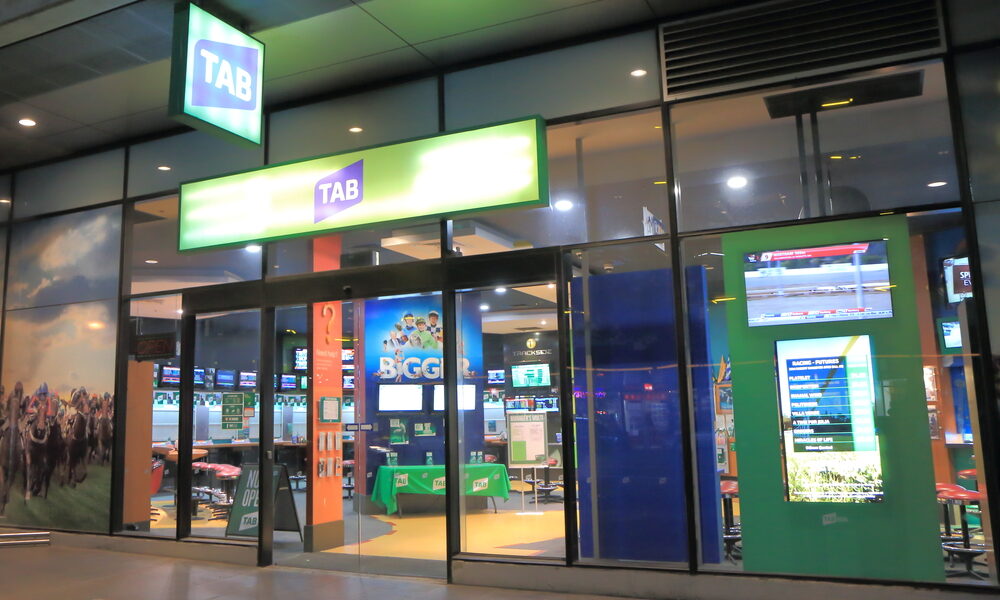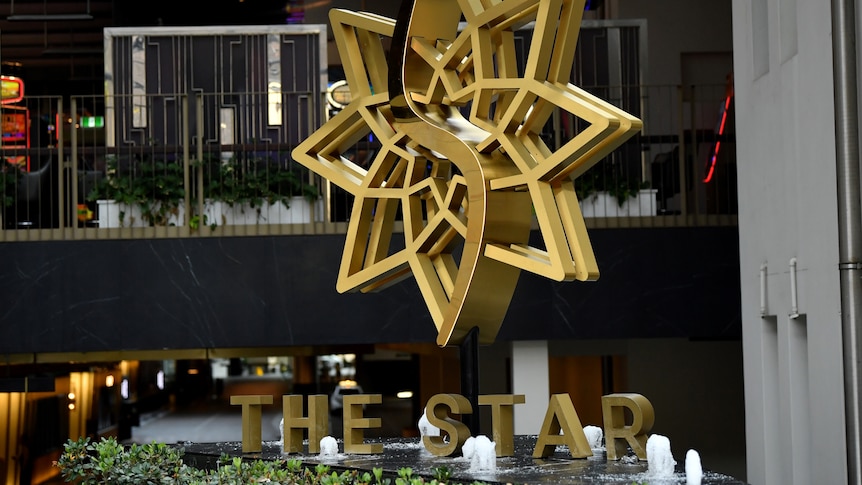Slovakia’s national self-exclusion program is seeing record engagement, with more than 26,000 individuals enrolled by mid-2025. The Office for the Regulation of Gambling, overseen by the Ministry of Finance, reports an 18% increase year-over-year, highlighting rising public trust in the country’s responsible gambling framework.
The system stems from Act No. 30/2019 Coll., a landmark gambling reform passed by the Slovak National Council after it overrode a presidential veto by then-President Andrej Kiska. Though Kiska supported consumer protections, he criticized what he saw as vague execution. The parliament pushed forward, solidifying Slovakia’s status as a regional pioneer in player safeguards.
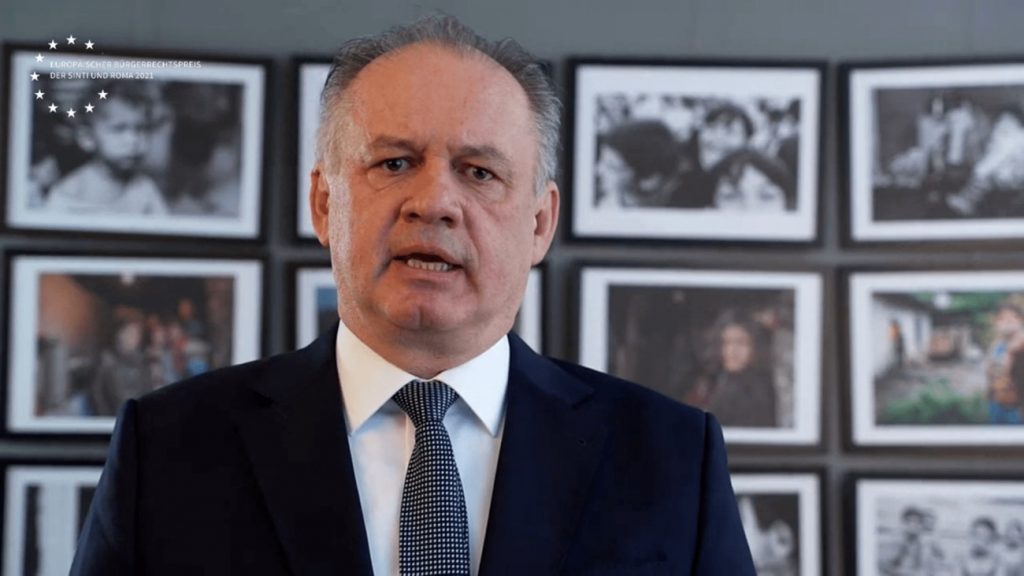
The initiative was heavily influenced by Eduard Heger, then a leading voice in the “Stop Gambling” movement and a member of the conservative OĽaNO party. He helped shape the national debate around problem gambling, pushing for mandatory self-exclusion mechanisms and tighter industry oversight.
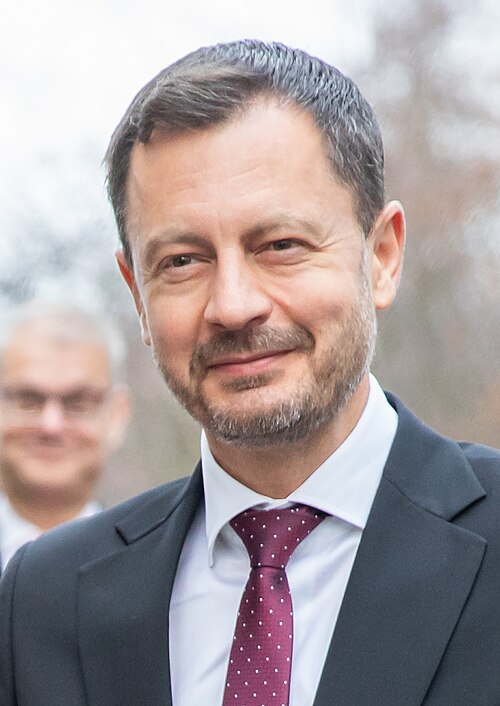
The National Self-Exclusion Register (NSEP) allows individuals to block access to all licensed gambling—both land-based and online—for 1 year, 3 years, or permanently. In some cases, courts or family members may initiate exclusion on behalf of vulnerable individuals.

Regulators stress that the rise in enrollments does not reflect a surge in addiction, but rather a cultural shift toward prevention. Operators are now legally required to verify player status against the registry in real time. With over 4.2% of Slovakia’s active gamblers opting in, the program is being hailed as a model for Europe—an investment in public health, data-backed policy, and long-term stability.











